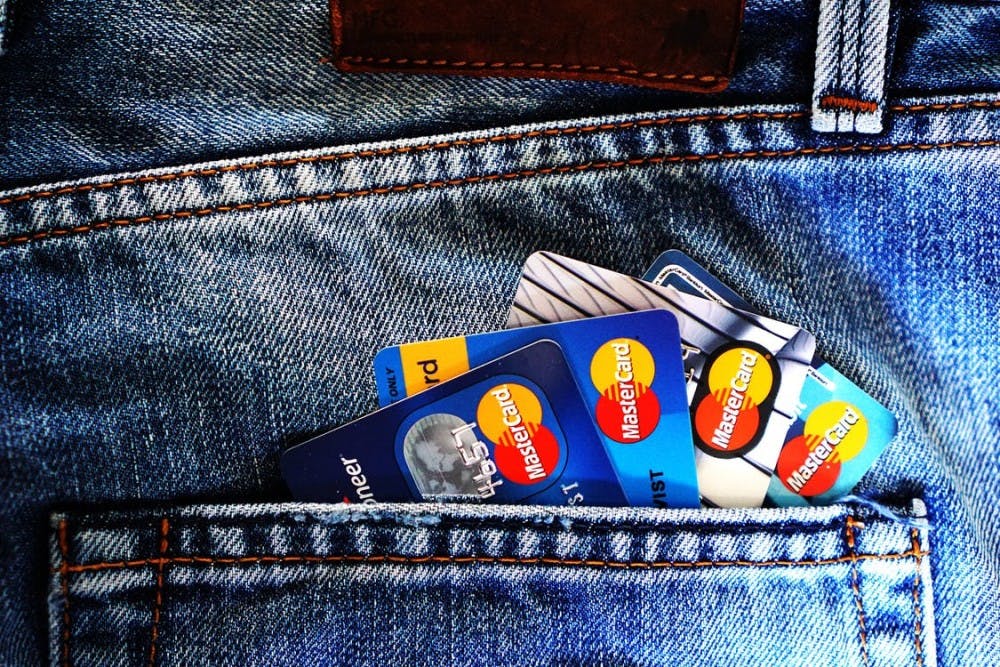Times are tough, and college students need financial planning more than ever. Of course, being a college student also means taking advantage of special deals and promotions, which does not exclude credit cards.
A recent WalletHub article compared hundreds of credit cards for college students, and after looking at fees, rewards, and interest rates, compiled a list of the best credit cards for college students in 2017.
Credit cards tend to come in different shapes and sizes, so WalletHub picked what they thought was the best credit card for each category. These categories include everyday cash back, best rewards bonus, travel rewards, gas and groceries, 0% intro rates and partially and fully secured.
Each of these cards included an annual fee of $0:
- Journey Student Rewards from Capital One
- Discover it Chrome for students
- Capital One Secured Mastercard
- Discover it Secured Credit card
These credit cards can be activated simply by having a college email address and enough income to make the minimum monthly payments for the card.
Olga McAtee, instructor of finance at Ball State University, said in an email that if managed properly, credit cards can provide benefits to students such as convenience, security, emergency help and establish and improve credit.
“However, a lot of people abuse credit cards and get in debt because they simply fail to observe the rule of proper credit card use,” said McAtee.
McAtee gave several tips for students who have credit cards including:
- paying your balance on time
- educating yourself on the details of the card (late and annual fees, penalties, APR)
- paying more than the minimum payment on your account to minimize interest payments.
She said that it is important to make payments on time and in full each month so that it doesn’t carry over.
“Keep outstanding balances low on credit cards and other lines of credits since high outstanding debt on credit cards could negatively impact your credit score,” she said.
Chrissy Stefani, vice president of HR & Marketing for Ball State Federal Credit Union, said in an email that a student “must be 21, employed, have sufficient income to service the debt, and have a favorable credit history” if they want to apply for a credit card. Cards can be applied by students under 21 if a parent agrees to be on the account.
Card options at BSFCU include “no balance transfer fees, low APRs and 25 day grace periods.”
Stefani said that it’s common for a student to not have any credit history. Therefore, the bank will usually explain how credit works as well as how to properly manage and track it.
More information about the Ball State Federal Credit Union’s credit cards can be found here.





